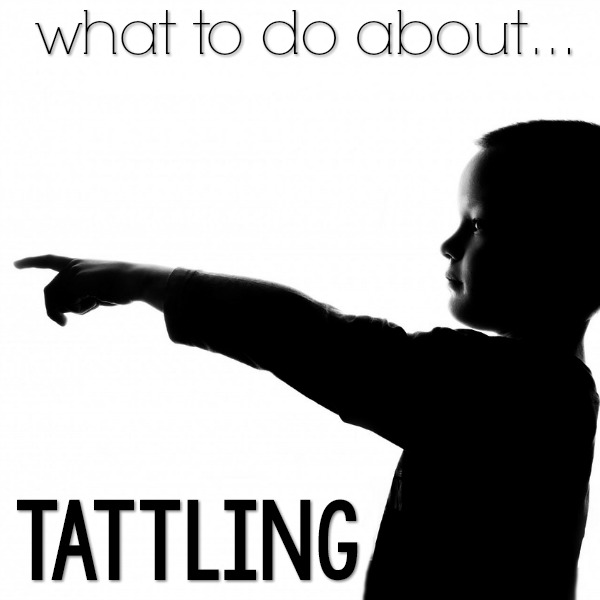
If they want to complain simply to get the other person into trouble, you should make them understand there is no use for tattling.

They should think whether they are complaining about what the person is doing is a threat to their safety or mental health, or whether they are just jealous and irritated. Ask your child to reflect on their motives before complaining.Instead of complaining to the teacher “He’s making loud noises and being annoying!” you could ask him to tell his classmate “Please be quiet.” Respectful conversation is better than snitching. If a classmate is bothering them by being loud, or making irritating noises, ask your child to request the child to be quiet.

Ask your child to address the problem directly.Encourage them to tell you about your day. In that case, praise little achievements in the tattletale child’s personal lives or schoolwork. The one who is type-casted as a troublemaker may tattle only to get your attention in some way. In that case you may be favouring the one who does homework without asking, eats their greens easily, or does not create a nuisance without any reason. Some children are easier to deal with than others. Parents often tend to play favourites without realizing. Think about your child’s need for attention Once they develop better emotional skills, they will learn to build healthy friendships and reduce tattling. Tattling often arises due to lack of empathy and understanding, or from jealousy about not being included in an activity. Ask them to be patient and train them to be a good listener. As they interact more and find common ground with people their age, the feelings of resentment and hostility will reduce and your child will learn to have fun without tattling. Ask them to spend time outdoors with their peers. Enroll them in afterschool team-building activities like football or group dancing. Help your child to develop good social behaviorĮncourage your child to make more friends and talk or play with children of his age. Healthy competitiveness is good but too much of competition would make them feel inadequate and not let those lead healthy emotional lives. To negate this jealousy, make sure you pay equal attention to both kids. It can be caused by the child feeling left out or derived of love and affection. If the two siblings don’t generally get along with each other, they can turn bitter and tattle just to see the other one be punished. Some common causes of tattling are: Sibling rivalry It is important to remember that you have to understand why your kid is behaving the way they are. It is easy to lose patience and resort to strict punishments without addressing the issue at hand.

Of course parenting is hard work and it can seem exhausting. If there is an adult mistreating them, pay attention to your child and don’t invalidate their claim before investigating. Telling should be encouraged, as the kid should stand up for themselves and defend. If a person complains to an adult about something valid, say an older bully in school who has tried to hurt him, then that is telling for his own safety and not tattling. One has to differentiate between tattling and telling.


 0 kommentar(er)
0 kommentar(er)
